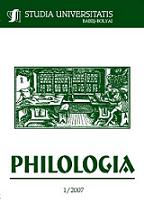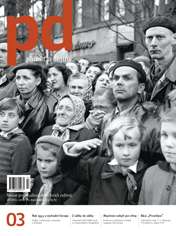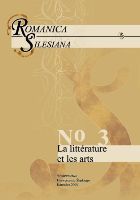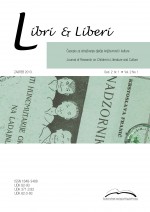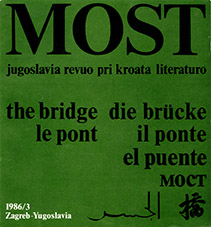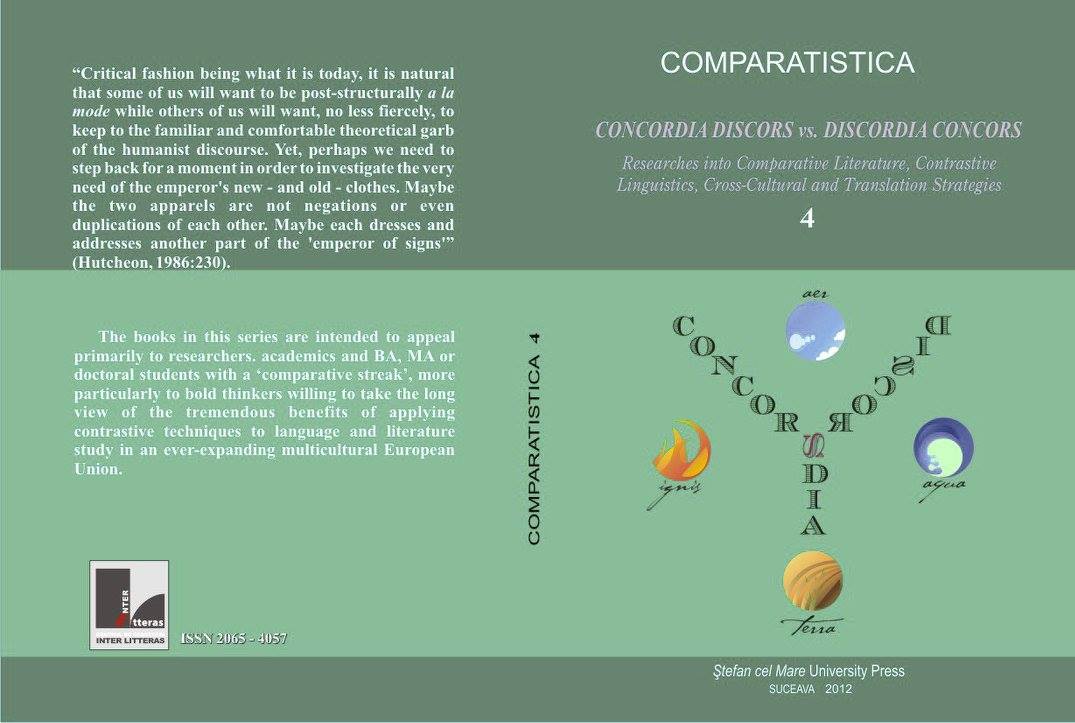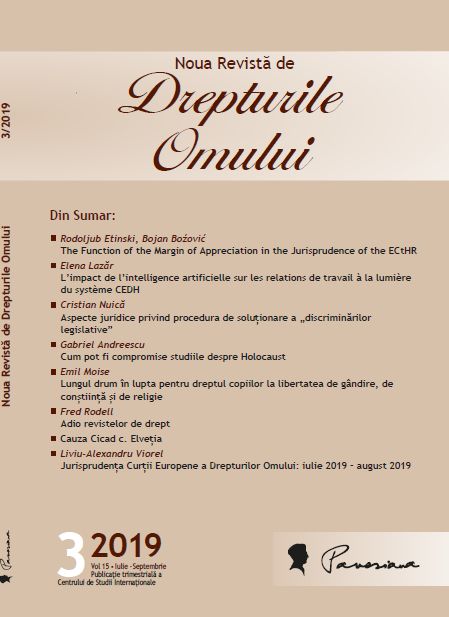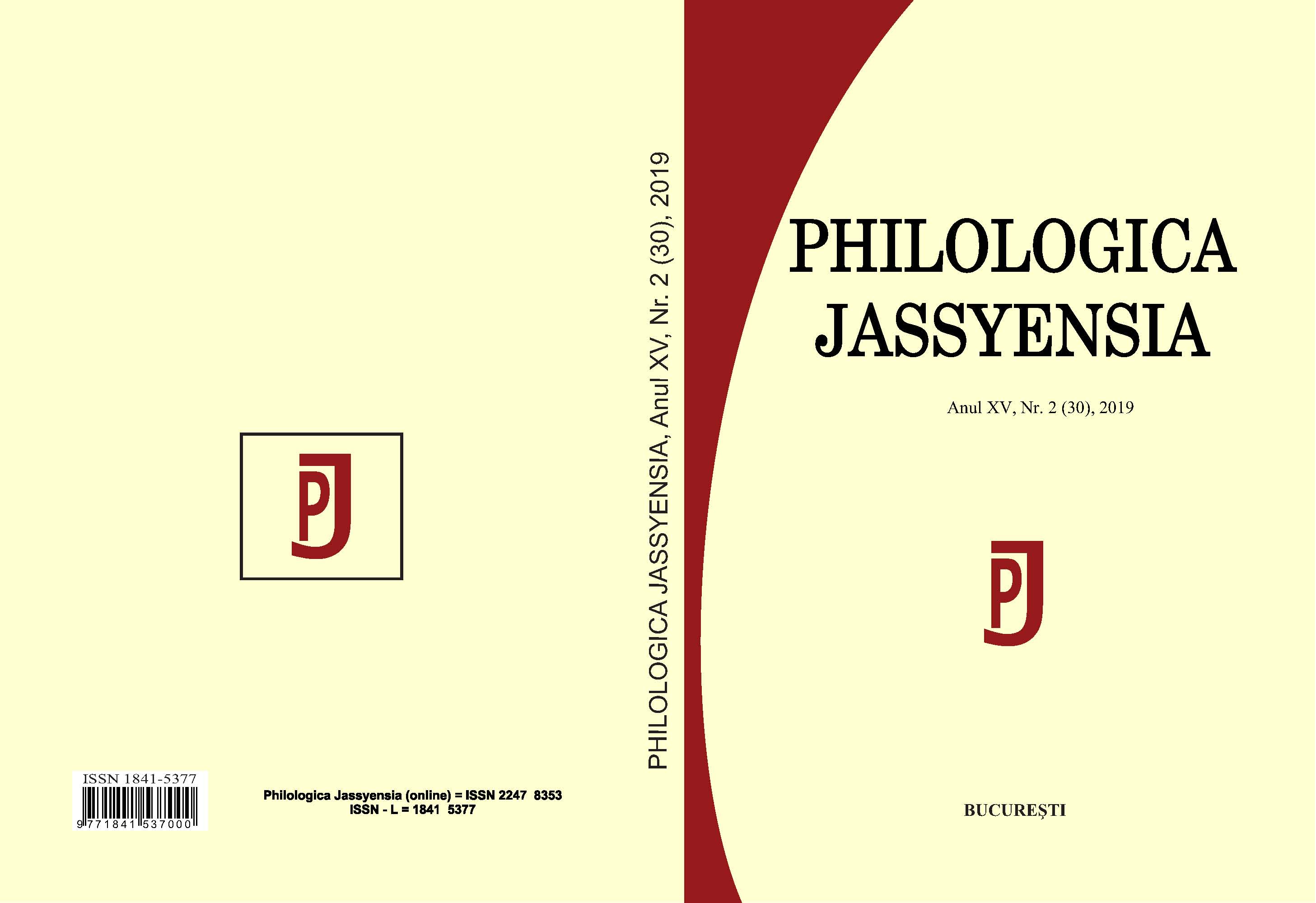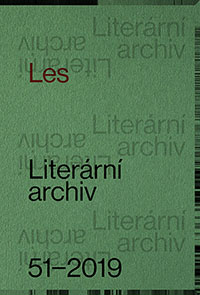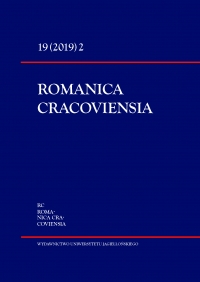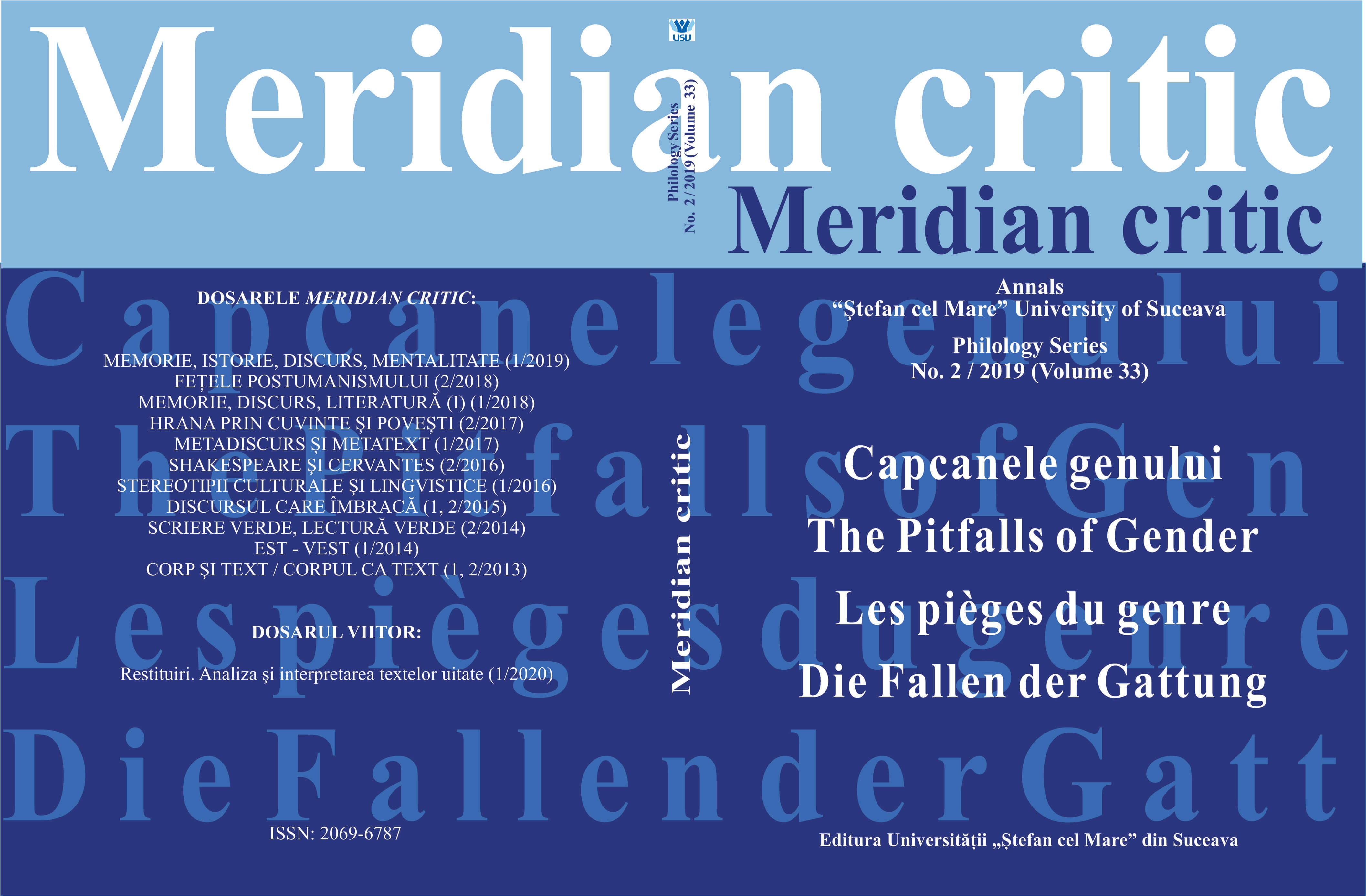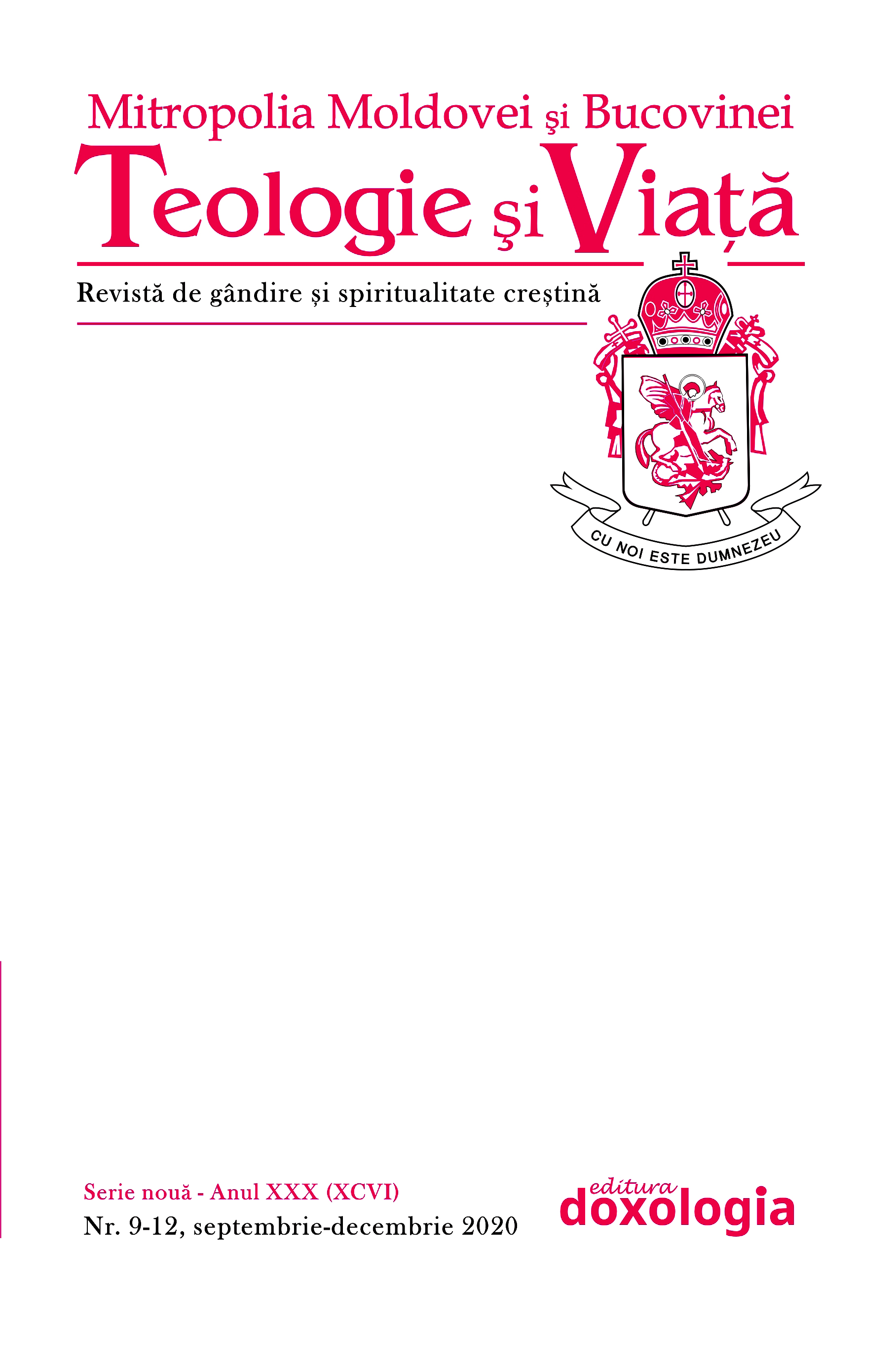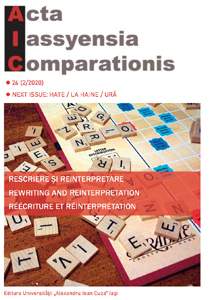De Darkness at noon (1941) d’Arthur Koestler à L’Aveu (1968) de Lise et Artur London et à L’Évasion silencieuse (1990) de Lena Constante
Author(s): Alain Vuillemin / Language(s): French
/ Issue: 1 (17)/2013
Keywords: Political trials; European literature; novel; autobiography; prison memoirs; USSR; France; Romania; Czechoslovakia
The term “Stalinist trial” means rigged trials, taking place in Russia in order to eliminate political opponents to Stalinism. The first denunciations go back to 1929. At that time, returning from a visit to the USSR, Panaït Istrati published a damning testimony on these practices in his book To the Other Flame and The Confession of a Loser, published in French, in Paris, in October 1929. This book was written with other two authors, Victor Serge, a journalist of Russian descent, and Boris Souvarine, another journalist of Ukrainian origin. Starting with February 25, 1927, a concept, that of “enemy of the workers” was introduced in the Soviet law in order to allow legal prosecution of all the alleged opponents of the Revolution. Between 1936 and 1938, the great Moscow trials were the most spectacular manifestation. Several million people became its victims. A novel, Darkness at Noon, written in German by a Hungarian author, Arthur Koestler, then translated into English and published for the first time in London, in Great-Britain, in 1941, evoked the tragic fate of these unfortunate through an iconic character, that of Nicolas Rubashov Salmanovich, a former Bolshevik leader, arrested and executed for trying to oppose the Soviet government. This book, translated into French under the title Le Zéro et l’infini had a worldwide audience. In 1968, in Paris, and always in French, Lisa and Artur London’s damning testimony, The Confession, is published and unveils the reality of the trial that had been brought to Prague, Czechoslovakia, in 1951, against members of the Rudolf Slánský’s government. In 1990, finally, it is still in Paris, France and in French, that a Romanian writer, Lena Constante, publishes The Silent Escape: Three Thousand Days in Romanian Prisons. This story recounts the circumstances of her arrest and conviction in Romania in 1954, for having been involved in the lawsuit against Lucretiu Păstrăşcanu, a former minister of the Romanian Government, arrested in 1951 and sentenced to death in 1954. A secret link connects these three books. It is explained by Lena Constante herself at the beginning of her own story. Before her arrest, she had read Darkness at Noon. She had been accused with that during the investigation. After her release, she read The Confession about which she said: “The book of a trial. Of a technique. Only then [...] I finally understood what still remained obscure to me. Everything was the same. In the least details...”. These extremely accurate testimonies are an indictment of how the “Stalinist trials” took place. They somehow instruct about other trials, at every stage, from the prison until the sentence and sometimes the rehabilitation.
More...
